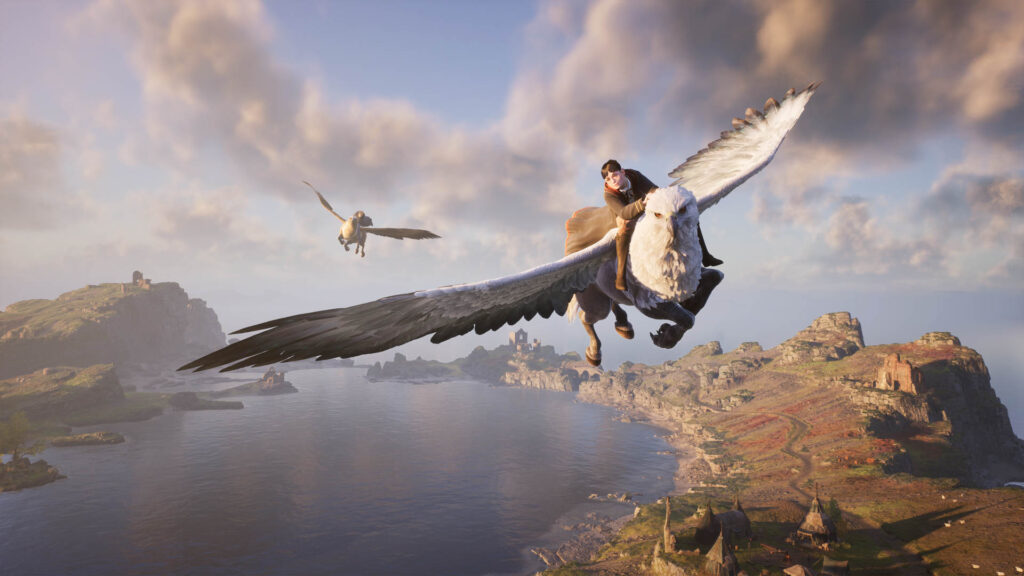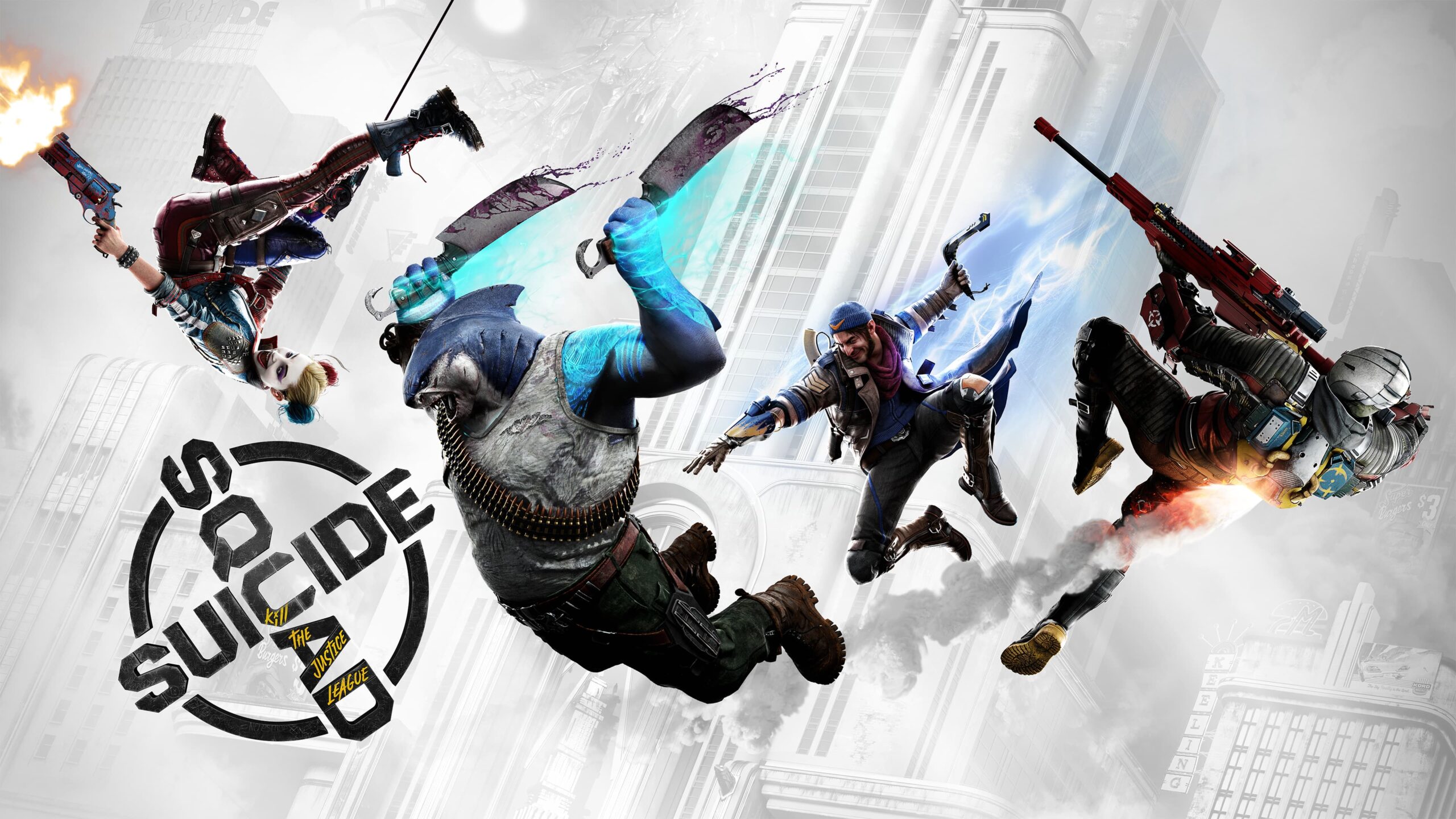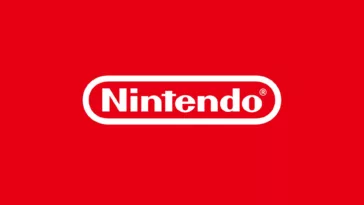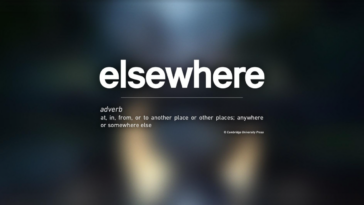The gaming industry is a dynamic landscape, and Warner Bros. Discovery (WBD) is taking a strategic step to adapt to its ever-changing currents. During a recent Morgan Stanley speaking engagement, J.B. Perrette, WBD's gaming chief, unveiled the company's plans to double down on mobile, live-service, and free-to-play (F2P) titles. This decision comes in response to a market Perrette himself describes as "volatile," where even established AAA console games face uncertain success.
Capitalizing on Brand Powerhouse Status
Perrette acknowledges the recent success of Hogwarts Legacy, which soared to become the year's best-selling game with a staggering 22 million copies sold. However, he tempers the celebration by acknowledging the flip side of the coin – the disappointing launch of Suicide Squad: Kill the Justice League. This contrasting performance underscores the inherent volatility of the AAA console market, prompting WBD to diversify its approach.
"We're doubling down on games as an area where we think there is a lot more growth opportunity that we can tap into with the IP that we have and some of the capabilities we have on the studio where we're uniquely positioned as both a publisher and a developer of games," he stated.

"Rather than just launching a one-and-done console game, how do we develop a game around, for example, a Hogwarts Legacy or Harry Potter, that is a live service where people can live and work and build and play in that world in an ongoing basis?" he continued.
The Power of Mobile and F2P: A Strategy for Consistent Revenue
WB Discovery's new strategy prioritizes mobile and F2P titles, aiming to leverage the company's core franchises – powerhouses like Mortal Kombat, Game of Thrones, Harry Potter, and DC Comics. By bringing these beloved IPs to the mobile space and adopting the F2P model with live-service elements, Warner Bros. Discovery hopes to generate more consistent revenue streams. Live-service games, with their ongoing content updates and in-app purchases, foster a longer engagement cycle compared to traditional single-player experiences. Perrette even hinted at exciting new mobile F2P titles slated for release in 2024, further solidifying WBD's commitment to this new direction.
Warner Bros. Discovery investing in the Future: Studios, IP, and Strategic Planning
The shift towards mobile and F2P doesn't signal the end of WBD's involvement in single-player AAA games. Perrette emphasizes the company's unique strengths – a formidable network of 11 internal game development studios coupled with a treasure trove of popular IPs. He also mentions a "strategic investment plan" designed to enhance future game development, alongside recent hires focused on brand management and long-term sustainability.
These strategic moves indicate WB Discovery commitment to future success in the gaming industry, with a focus on maximizing the potential of their valuable franchises. Perrette anticipates this new approach to drive "meaningful growth" for the company in the coming years, with the potential for significant returns starting to materialize in 2025, 2026, and 2027.
Perrette underscores the importance of owning both game development studios and intellectual properties (IPs) in the ever-evolving gaming landscape. He highlights the potential of virtual reality and "virtual worlds" as areas primed for significant growth in the future. Owning both the creative talent and the characters and stories themselves positions WBD to capitalize on these emerging trends.
A Contrast in Approaches: WB Discovery vs. Disney
This strategic shift by WBD presents a clear contrast to the approach taken by another industry giant, Disney. Disney has largely moved away from in-house game development, opting to license its iconic franchises to other studios. Recent examples include the $1.5 billion deal with Epic Games to bring Disney characters into Fortnite, and collaborations with studios like EA, Ubisoft, and Quantic Dream for various Star Wars titles. Additionally, Disney has secured deals with Microsoft/Bethesda for games based on Indiana Jones and Blade.
While both companies hold powerful IPs, their approaches differ significantly. WBD is taking control of its gaming destiny by fostering internal development talent and maximizing the potential of its franchises through mobile and F2P strategies. Disney, on the other hand, leverages external studios while focusing on brand licensing deals.
The Road Ahead: A Dynamic Gaming Landscape
The gaming industry is a constantly evolving space, and Warner Bros. Discovery's strategic shift towards mobile and F2P reflects the company's commitment to remaining agile and competitive. By leveraging its strengths in studios, IP ownership, and a forward-thinking approach, WBD positions itself for long-term success in this dynamic market. The coming years will be telling, as gamers eagerly await the upcoming mobile titles and witness the impact of WBD's strategic moves on the gaming landscape.
source: Gamespot




